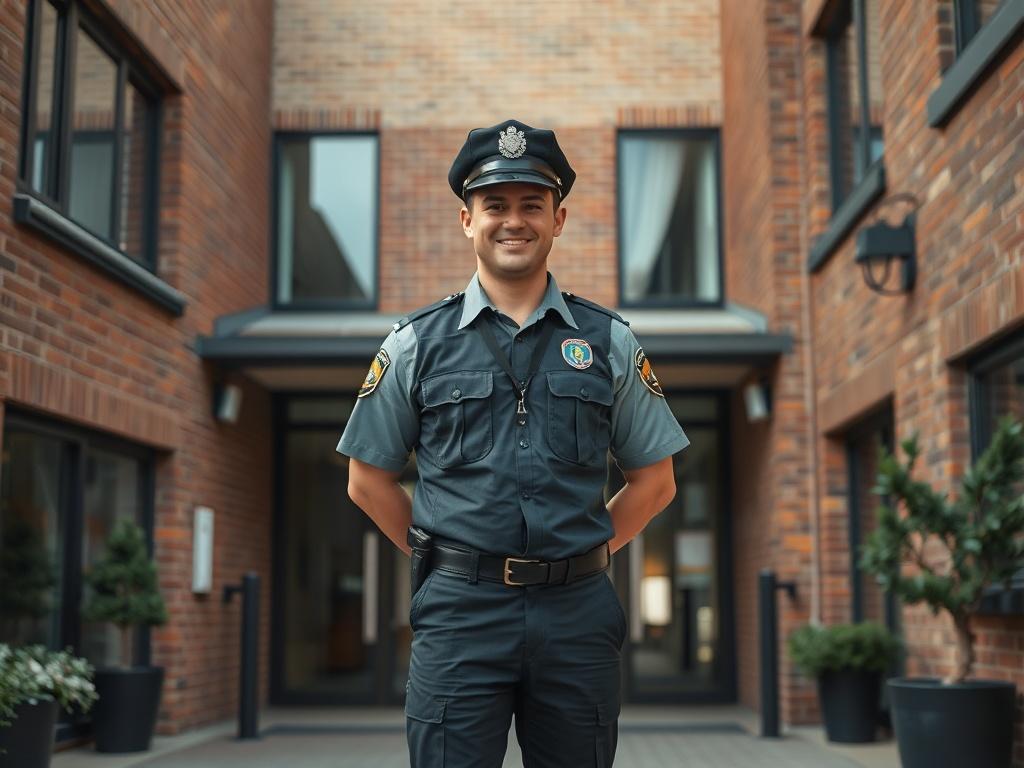
In today’s increasingly interconnected world, ensuring the safety and security of student accommodations has never been more crucial. As students embark on their academic journeys, the need for effective security approaches tailored specifically to their living environments becomes paramount. This blog post explores innovative strategies that enhance safety, implement robust access control measures, and foster a sense of community trust within student housing. By focusing on these key areas, accommodation facilities can create a welcoming atmosphere where students feel secure and at home.
As educational institutions continue to expand and draw in diverse student populations, the necessity for comprehensive security solutions remains a top priority. Effective security methods not only protect students from potential threats but also promote a sense of belonging and well-being within the community. In this post, we will delve into various security practices that can significantly elevate the safety standards of student accommodations, ensuring a secure living experience and laying the foundation for students to thrive both academically and socially.
Enhancing safety through innovative security solutions in student accommodations
Student accommodations face unique security challenges due to the diverse population and the open nature of campus life. Implementing innovative security solutions tailored for these facilities is crucial in creating a safe living environment for residents. For instance, integrating smart surveillance systems with real-time monitoring capabilities can significantly deter potential threats. These advanced technologies not only enhance situational awareness for security personnel but also reassure students that their safety is a priority. Furthermore, using biometric systems, such as fingerprint or facial recognition, allows for secure access to dormitories, minimizing unauthorized entry and ensuring only residents and verified guests can access the premises.
In addition to high-tech solutions, enhancing safety in student accommodations also involves promoting a culture of awareness among residents. Educating students about personal safety measures, such as being vigilant and reporting suspicious activity, plays an essential role in maintaining a secure environment. Organizing workshops and safety drills can empower students, fostering responsibility and collective vigilance within the community. By combining innovative security technologies with a strong emphasis on student engagement and education, accommodations can create a holistic security strategy that prioritizes safety while simultaneously building trust and collaboration among residents.
Robust access control measures: A cornerstone of secure student living
Effective access control measures play a pivotal role in ensuring the safety and security of student accommodation facilities. By implementing key card entry systems, biometric scanners, or mobile access solutions, property managers can restrict entry to authorized individuals only. These technologies not only deter unauthorized access but also create a sense of safety among residents. Additionally, utilizing surveillance cameras in conjunction with access control provides real-time monitoring and adds an extra layer of accountability, making it easier to address security concerns promptly.
Moreover, a well-structured access control policy fosters a collaborative environment among students and staff. Educating residents about the importance of securing entrances and reporting suspicious activity is vital for maintaining a secure community. Regularly updating access codes and closely monitoring access logs can help identify potential security breaches before they escalate. In this way, effective access control measures not only protect individual student accommodations but also reinforce a culture of safety that enhances trust within the community.
Building community trust: Fostering a secure environment in student housing
Creating a sense of community trust is essential in student accommodations, as it directly impacts residents' feelings of safety and well-being. Open lines of communication between management and students play a crucial role in fostering this trust. Regular meetings, feedback sessions, and social events encourage interaction among residents and staff, allowing everyone to voice concerns and share ideas for improvement. By actively involving students in the decision-making process regarding security measures, accommodations can build a stronger sense of belonging and unity within the community, ultimately enhancing their overall security.
Moreover, establishing a visible security presence contributes significantly to community trust. When residents see security personnel, whether on foot or through regular patrols, they feel reassured about their safety. Engaging security staff in social events or wellness programs can humanize their role and build rapport with residents. Additionally, incorporating students as peer mentors or safety ambassadors can foster a collective responsibility for security, empowering them to look out for one another. By prioritizing community trust, student accommodation facilities not only enhance security but also cultivate a supportive environment where every resident feels valued and protected.